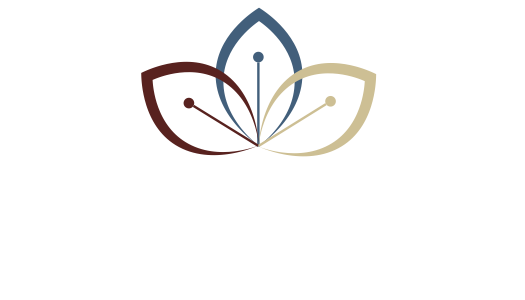 Hi John,
Hi John,
I live in the San Francisco Bay Area (peninsula) and am a big fan of yours. I attended your presentation on Alzheimer’s at the new living expo and have been listening to your weekly radio show on a regular basis. Your knowledge and ability to present information in a clear, caring and understandable manner is refreshing and greatly appreciated.
My recollection and I could be wrong is that during the presentation you recommended against drinking coffee and advocated drinking green tea; while I am a big fan of green tea due to the presence of its polyphenols which have neuroprotective properties, I always felt that coffee also had some major benefits. Recently another study has confirmed the benefits of coffee in relation to Alzheimer’s; seehttp://www.sciencedaily.com/releases/2011/06/110621093301.htm . In addition, there is one study I know of regarding the benefits of coffee for those with prostate cancer that I think is interesting ; seehttp://www.nytimes.com/2011/05/24/health/research/24prevention.html . I also read where coffee is the primary source of antioxidants in the American diet (this would seem like a good trivia question) and this seems to me more a statement about the poor diet of Americans than anything else.
Based on the research on Alzheimer’s I was wondering if you still believe that one should not consume coffee.
Regards,
Allan
Dear Allan,
One of the difficult things to communicate in a seminar of the type that we did was that there is absolutely no “right” diet or group of supplements for everyone. Although I mention that fact at the beginning of the seminar, it is difficult to hold this in the face of some supplements and activities being communicated as generally “good” or “bad”.
One of the most significant differences between Classical Chinese Medicine and Western Biomedicine is in understanding qualitative vs. quantitative measures and understandings.
Biomedicine is brilliant in quantitative measures. Chinese Medicine has immense wisdom in seeing and treating based on qualitative measures.
Statistics give us great tools, but no individual is a statistic and cannot be identified statistically, and treatments of individuals should rarely be based on statistical information unless that statistical information is overwhelmingly positive in one direction. For example, according to studies done by the company making a particular statin drug, if 250 people take a particular Statin drug it should prevent one cardiovascular event over a 5 year period. This information is used to suggest that most if not all people should go on statins. We also see that 15% of women who go on statin drugs complain of severe muscle pain and weakness. Of those women, 56% show muscle damage if the muscle is biopsied. So, what to do. Who will be helped and who will be harmed?
In Chinese Medicine it is all about the individual. For example; we know statistically that about a third of people given Ginseng will have an increase in blood pressure. This is not a problem for us, as it is very easy to identify the people who are likely to be affected before we give them the herb, so we don’t give them ginseng.
This same principle holds true in Chinese Medicine for ALL elements of diet, herbal medicine, sleep timing, exercise frequency, and even optimal frequency for sexual activities. It is all based on the individual.
Coffee is an antioxidant miracle. It has an extremely high ORAC score for antioxidant content. Antioxidant activity is very important in Alzheimer’s prevention. Coffee has dramatic effects on blood sugar and glycemic activity. Glycemic activity is one of the most important aspects of Alzheimer’s prevention. People are more likely to exercise longer and at greater intensity while on coffee, which is good for many, but not for all. I like coffee for it’s very beneficial effects on the the Liver (of most people). I do not like it for my patients with cardiac arrhythmias and certain blood flow irregularities. I believe, that like all things, some people do better on coffee, while some people are better without coffee, for Alzheimer’s prevention.
In Chinese Medicine, green tea is cooling, coffee is heating in an artificial heating way. This would be one of my most simple distinctions in deciding between the two substances for my patients. From there I would look at a whole host of other factors in making a recommendation. Also critical to me is quality of sleep and/or ability to relax. If coffee affects these deleteriously, as it often does, I would see that as over-riding or negating the positive potential .
Another point to remember; as much as I enjoy reading and quoting studies, most are not accurate. Only about 50% stand up to further scrutiny. And that is just in terms of whether they accurately answer the question asked. Even more important is that most studies don’t ask the right questions, so the reported results can be very misleading.
A good example is the NIH sponsored study done at Harvard. The (published) question was “Does the herb Dang Gui relieve menopausal symptoms”. Seems straightforward. However in the methodology, because of massive unintentional biomedical bias, the assumption used in the study was that menopausal symptoms could only be relieved by raising estrogen levels.
The study indicated that Dang Gui dramatically relieved menopausal symptoms. It did not however increase estrogen levels. So the study was reported as a “negative study” even though it actually did lower symptoms and that was the very question being asked. So they proved that Dang gui did not lower menopausal symptoms while proving that it did actually lower the symptoms. Hmmmmm. This type of bias is rampant.
– Dr. John Nieters, L.Ac. DAOM, FABORM



